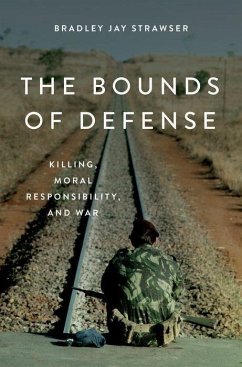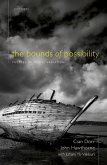Most people believe that killing someone, while generally morally wrong, can in some cases be a permissible act. Most people similarly believe that war, while awful, can be justified. Bradley Jay Strawser here addresses both subjects as equal parts in a larger meditation on the ethics of harm and moral responsibility-whether in war collectively or in individual self-defense-and whatever it is that lies in between. Strawser sets out by examining the moral justification for individual defensive killing and then tests its application to collective war as a natural outgrowth of the former. In seeking sincere answers to these morally vexing questions, Strawser offers a novel theory of liability attribution based upon evidence-relative norms, gives a robust defense of so-called 'revisionist' just war theory, and charts a neo-liberal basis for just war theory grounded on the value of individual autonomy.
Bitte wählen Sie Ihr Anliegen aus.
Rechnungen
Retourenschein anfordern
Bestellstatus
Storno








